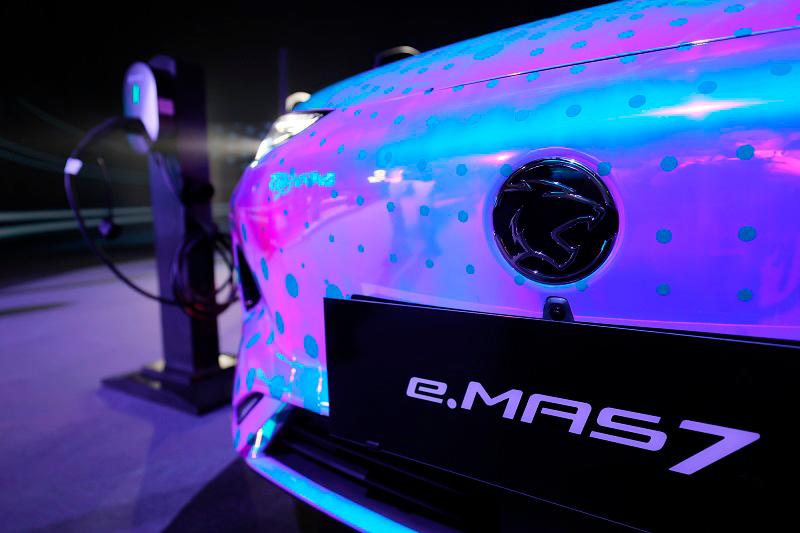KUALA LUMPUR: Malaysia’s automotive industry continues to power forward, generating RM82 billion in revenue and supporting over 700,000 jobs in 2024.
Investment, Trade and Industry Ministry deputy secretary-general Datuk Hanafi Sakri
said despite global economic uncertainties, the automotive sector managed to reach a record breaking total industry volume of 816,000 units in 2024, after surpassing the 800,000 unit mark for the first time in 2023.
“This 2.13% year-on-year increase underscores the resilience of the sector, which contributes 5.5% to the GDP.
“The industry has long been the cornerstone of the nation’s industrial development strategy and continues to be significant to our economy.
“With almost 40 producers and more than 700 component manufacturers, the Malaysian automotive industry is also among the largest in Asia,” he said during the launching ceremony of Jetour’s SUV themed “All New Dashing” yesterday.
Hanafi said the extraordinary growth demonstrates the resilience and determination of the automotive market even amid global economic uncertainties, and efforts are still needed to boost exports.
He added that the automotive sector has been facing a threat deficit for over 40 years.
“In 2024, the sector recorded a total value of RM70 billion, of which RM54 billion was imported and RM15.9 billion for export of motor vehicles, motorcycles, cars and components.
“I think it’s very important for our industry to look into that, and to assist the government in terms of how we can improve our export performance.”
Hanafi said the US has positioned Malaysia more favourably in terms of tariffs, imposing a 24% rate on Malaysian automotive products, compared with Thailand and Indonesia.
He highlighted that Malaysia’s strong diplomatic ties and robust trade relations, evidenced by 16 active free trade agreements, has further enhanced the country’s market accessibility.
“The Malaysian automotive landscape is undergoing a significant transformation driven by technological enhancement, changing consumer preferences and our national commitment to sustainability.
“The National Automotive Policy provides a comprehensive framework to enhance the competitiveness of our automotive industry and position Malaysia as a regional hub for next-generation vehicles,” he said.
Hanafi added that while the country continues to see growth in the conventional vehicle segment, there is also a gradual shift as the market begins to embrace newer and more sustainable vehicle technologies.
He said the internal combustion engine (ICE) vehicle that dominates our roads is becoming more fuel-efficient and technologically advanced, offering consumers greater value, comfort and performance.
Hanafi also said the government will continue its efforts to position Malaysia as a comprehensive automotive hub that excels across all vehicle categories and technologies, from ICE to hybrid and fully electric vehicles.
“Through our agency, Malaysia Automotive, Robotics and IoT Institute, we continue to offer technical assistance and research facilities to support the industry growth,” he said.









